Complex Systems Winter School 2015-Faculty: Difference between revisions
From Santa Fe Institute Events Wiki
No edit summary |
No edit summary |
||
| Line 22: | Line 22: | ||
<br> | <br> | ||
[[Image:ClausetA3.jpg|150px|{border}]]<br> | [[Image:ClausetA3.jpg|150px|{border}]]<br> | ||
[http://tuvalu.santafe.edu/~aaronc/ Aaron Clauset], | [http://tuvalu.santafe.edu/~aaronc/ Aaron Clauset], Four Lectures on Network Science<br> | ||
<br> | <br> | ||
<br> | <br> | ||
Revision as of 17:03, 3 April 2015
Program Director
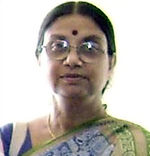
Somdatta Sinha, Program Director
Lecturers and Faculty

Tanmoy Bhattacharya, Theories and Treatment of Infectious Disease

Liz Bradley, Nonlinear Dynamics

Arkadev Chattopadhyay , Computational Complexity

Aaron Clauset, Four Lectures on Network Science
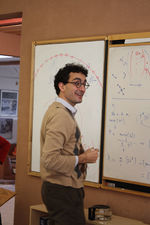
Simon DeDeo, Cognitive Science and Social Minds

Laurent Hebert-Dufresne, Statistical Physics and Complex Networks

Eric Libby Microbial Ecology
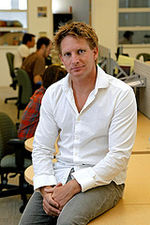
Olé Peters, Non-Ergodic Economics

Eleanor Power, Social Science

Rajiv Sethi, Agent-Based Computational Economics
These lectures will provide an introduction to agent-based computational modeling, drawing on applications in economics and finance. The first lecture will focus on the manner in which decentralized, uncoordinated choices can give rise to emergent properties such as residential segregation. The second and third lectures will examine financial markets, with a focus on how asset price dynamics depend on the composition of trading strategies, and how the composition of strategies itself evolves under pressure of differential profitability.
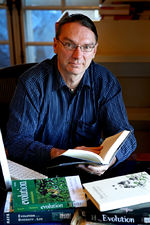
Andreas Wagner, Evolution and genotype networks
After a brief survey of important milestones in the history of evolutionary biology, these lectures will turn to the most fundamental problem of the field, namely how evolution creates new and beneficial features of organisms. This “innovation problem” has recently been tackled in different classes of complex molecular systems, including chemical reaction networks in metabolism, regulatory gene circuits, as well as protein and RNA macromolecules. I will discuss these efforts, the progress that has been made, and introduce the important role genotype networks play for innovation in all these systems. I will also touch upon other important tensions in modern evolutionary biology that relate to the innovation question, such as that between neutral and selected change, as well as that between a system’s robustness and its innovation ability. Time permitting, I will also discuss how recent insights into the innovation problem in biology could apply to technological evolution.
Staff
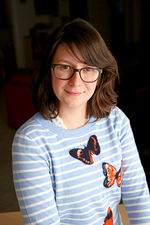
Juniper Lovato, Manager, Schools, Residencies, and Community Outreach, Santa Fe Institute
